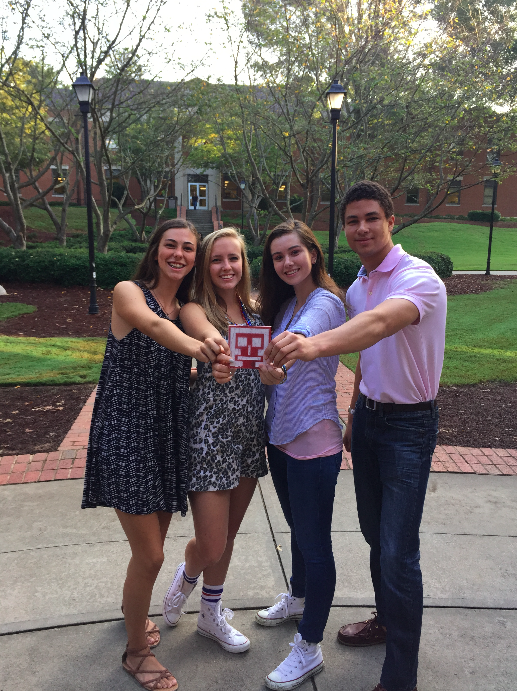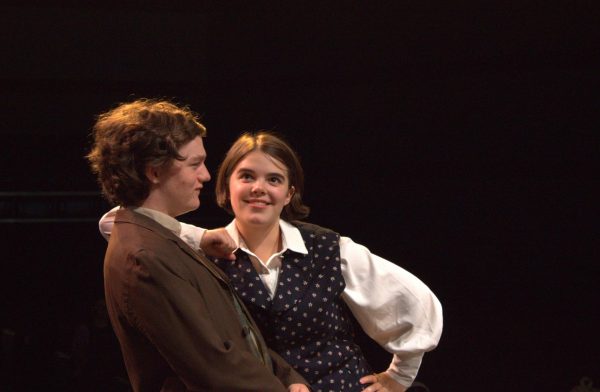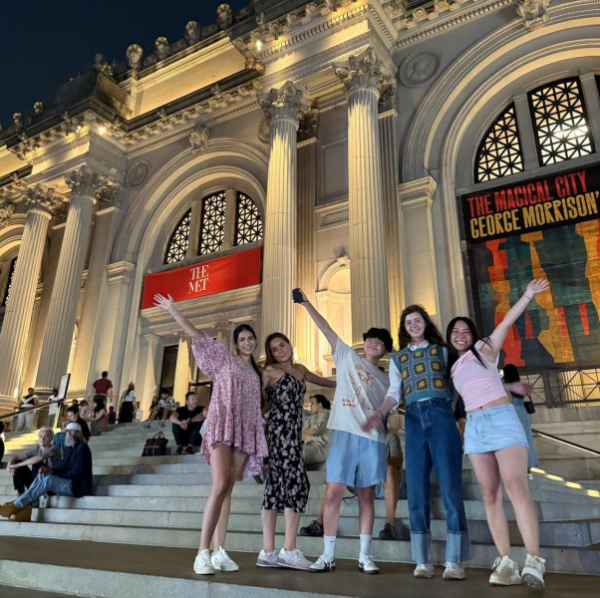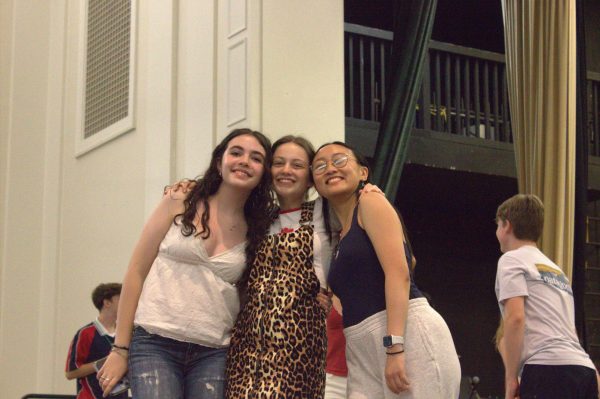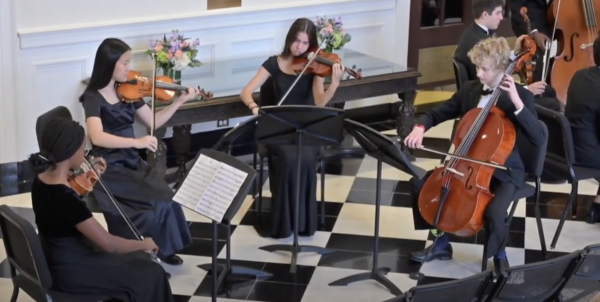Atlanta 2.0 Program Still Thriving after Its Third Consecutive Year
What program changes the community, designs public space, and collaborates with Lovett? Atlanta 2.0. This three-week summer course is offered to students from both Lovett and Westminster who wish to take an active role in improving the quality of life in Atlanta.
“For quite some time, Lovett and Westminster had wanted to forge an academic collaboration, and this course is the first official one between the two schools,” said Mark May-Beaver of Lovett, the head Lovett instructor of the course. “Part of the course’s mission has been to show Lovett and Westminster kids that, despite our rivalry, we can unite to make our city a better place.”
Throughout this course, students explore the relationship between community and public space. Through engagement with civic leaders, a variety of readings, and expeditions to a broad spectrum of Atlanta neighborhoods, students have examined a range of models for urban renewal.
“We learned about challenges certain communities in Atlanta face, and how to make public spaces more useful,” said a Westminster ’15 graduate and pilot-year participant Avanti Joshi. “The program sounded like a great opportunity to learn more about Atlanta and the current efforts to improve the city. I also thought that participating in a program with students from both schools would be a unique experience to meet new people.”
The main purpose of Atlanta 2.0 is to drive students to connect with their city and see parts of it that they have never seen before. Using the design-thinking model, students collaborate in groups, and ultimately design a proposal for using a public space in Atlanta to create a better sense of community.
“It’s definitely the most hands-on course I’ve ever taught,” said May-Beaver. “It’s one that students see as distinctly different from anything else they’ve done in their academic lives.”
The design project comes in three stages in which students develop a short-term, mid-term, and long-term plan for using a public space. The most time is spent on the short-term plan, as it requires students to employ a tactical urbanism strategy (a short-term, inexpensive, grassroots idea that draws attention to an existing problem and proposes a potential solution).
“The second week we went to the Riverside and Bolton communities, and learned what their specific needs were,” said junior Claire Corbin, a participant in the 2015 session. “The third week, we were divided into groups to come up with design projects that would benefit the community and eventually presented them to the homeowners of the community.”
During the pilot year, one of the main issues that the program focused on was that a huge portion of the Atlanta population lives in “food deserts,” where nutritious food is scarce, forcing many to consume junk food as an alternative.
“We zoomed in on what makes a public place successful, and how to begin solving this issue,” said Joshi. “My group created a proposal to turn an abandoned building into a public area that would encourage the community to join in on activities like planting urban gardens, having food trucks come, and holding movie screenings.”
Understandably, the groups aren’t always able to accomplish these goals. However, it gives students an insight to tactical urbanism, the process of creating a long-term change with smaller temporary changes.
Atlanta 2.0 also has long-standing partnerships with multiple locations, like the Ponce City Market and the Beltline, a trail and place for artists to showcase their work to the public. Students visit these sites during the course and interact with their representatives.
“This summer, we worked with Lee Harrop, the Program Director for the Atlanta Beltline,” said May-Beaver. “He suggested that we focus on the Adair Park neighborhood, because the Beltline is working to build the Westside Trail, which will be the western equivalent of the ‘jewel of the Beltline,’ the Eastside Trail.”
Aside from these great ways to gain exposure on the daily problems Atlanta faces, Atlanta 2.0 is also an ideal way for students in the same age group who share similar interests to interact with one another.
“My favorite part of the whole process was the variety of people (and organizations) we met with,” said Joshi. “I loved meeting people from Lovett and I still stay in touch with them today.”
Atlanta 2.0 is the perfect course for those who want to give back to their community, like to collaborate with others, and are enthusiastic about making a change. Applications are typically sent out in January, so for the summer of 2016, applications are due next semester.

